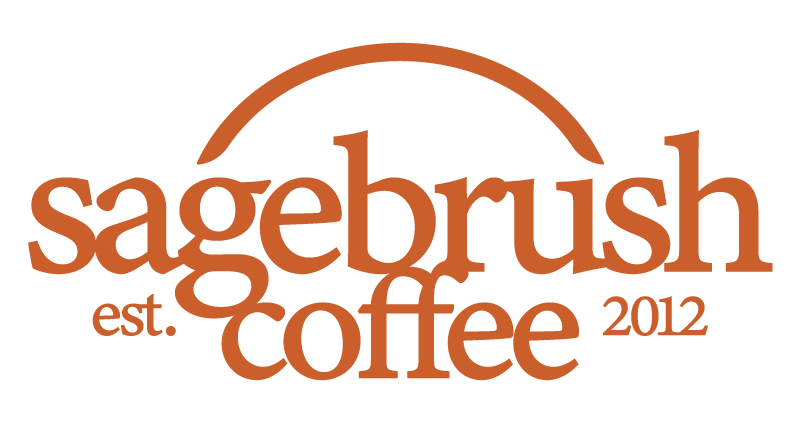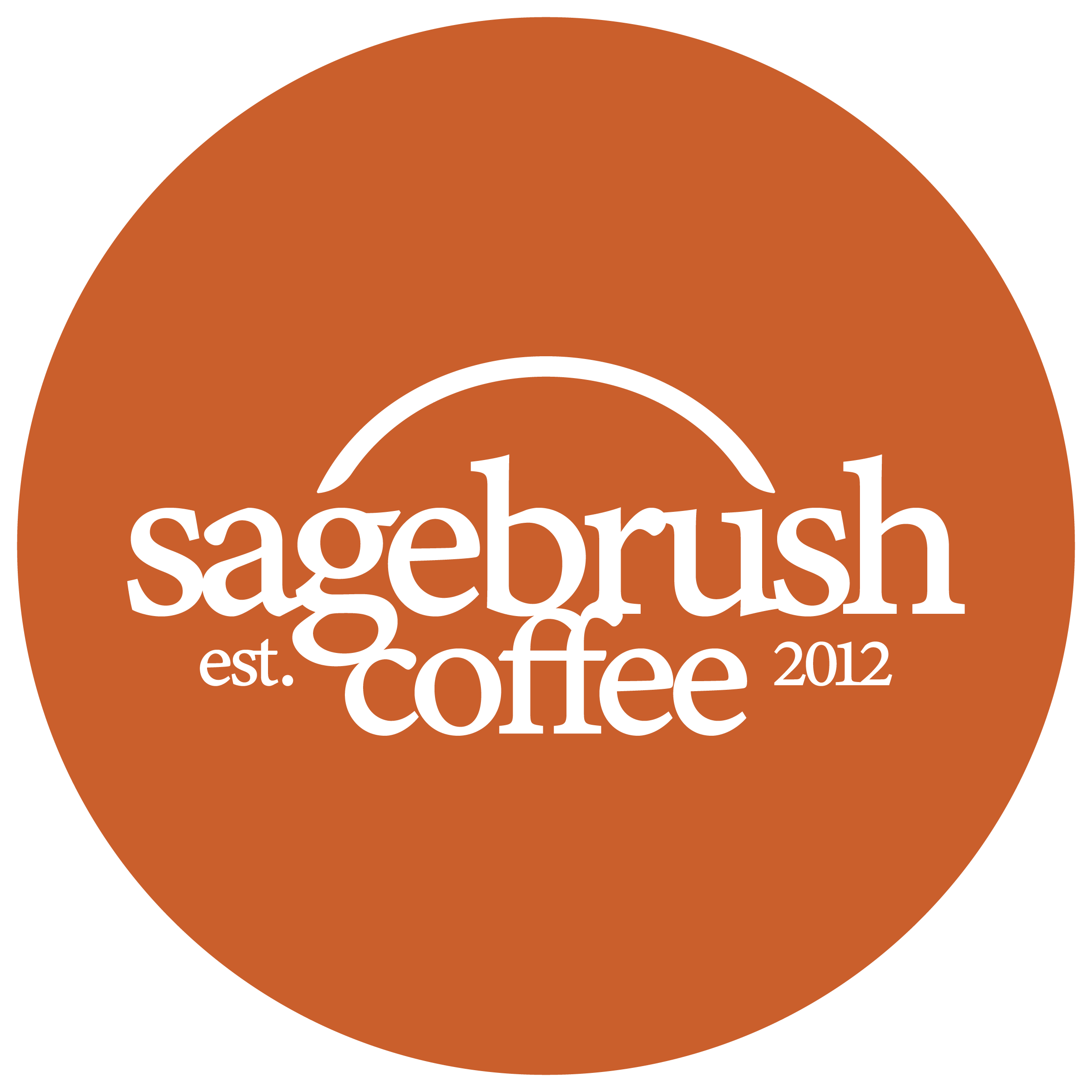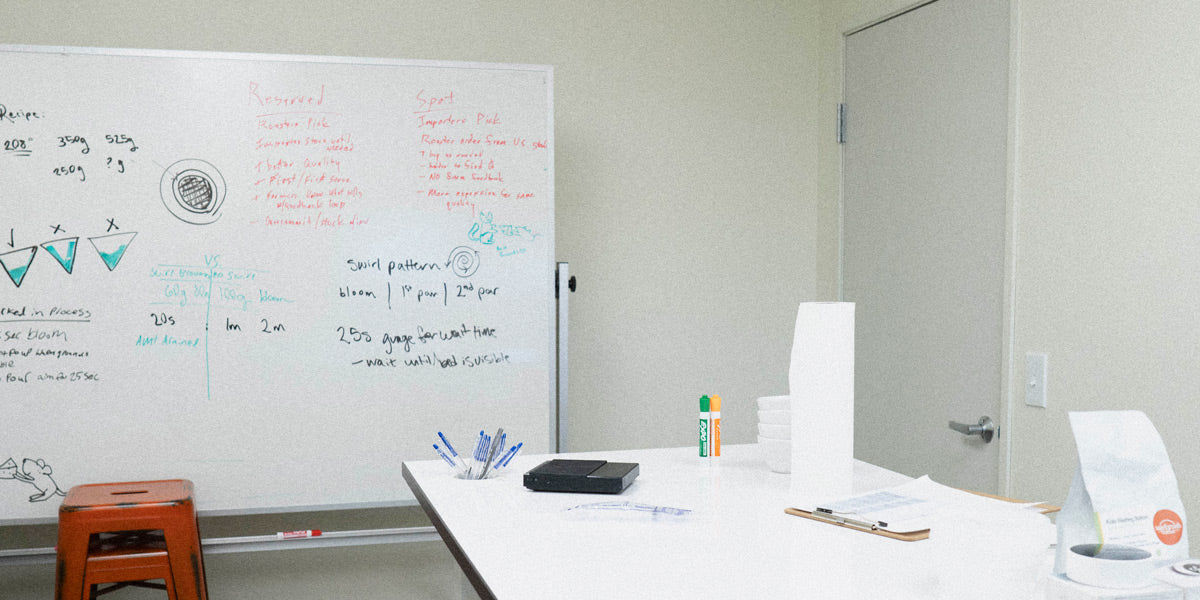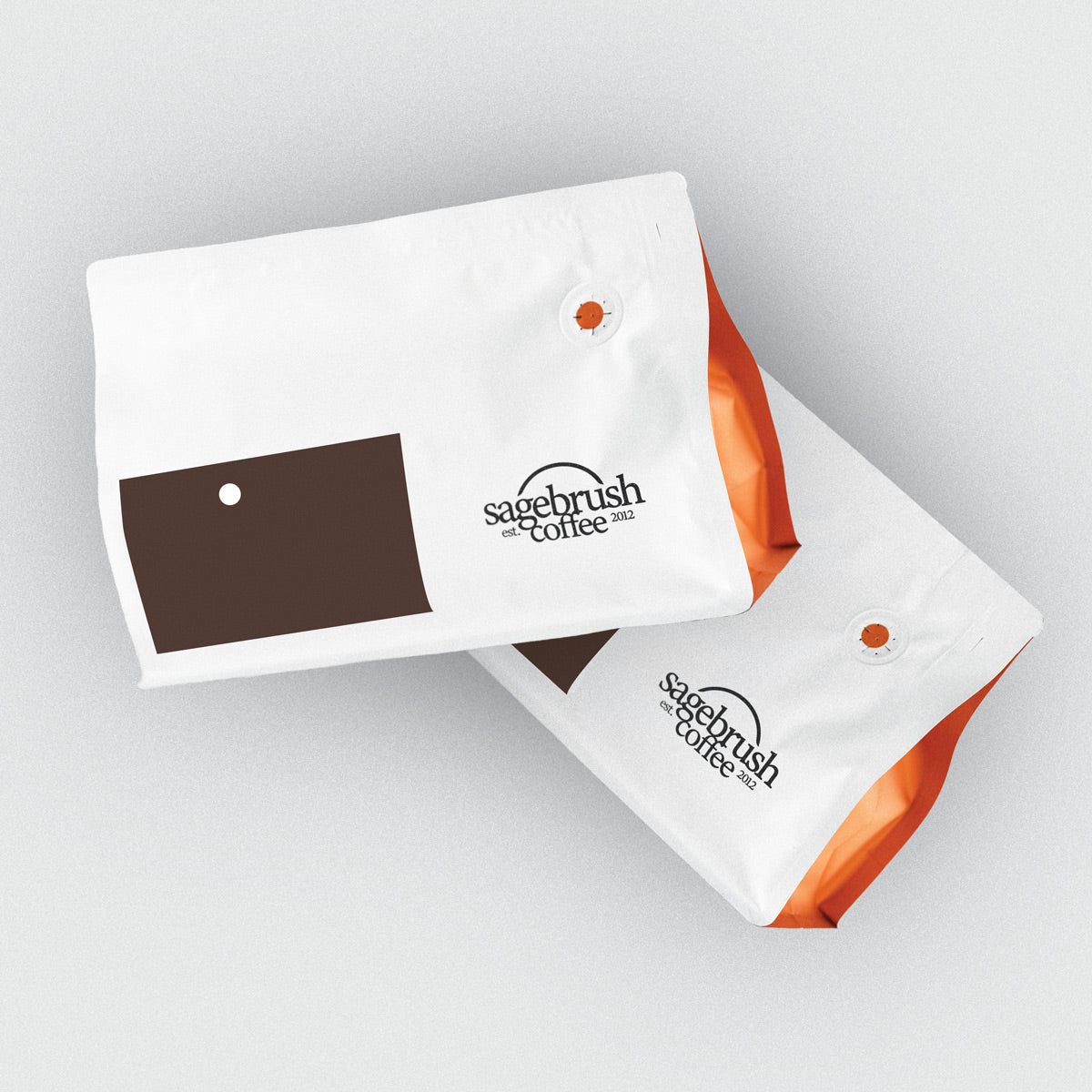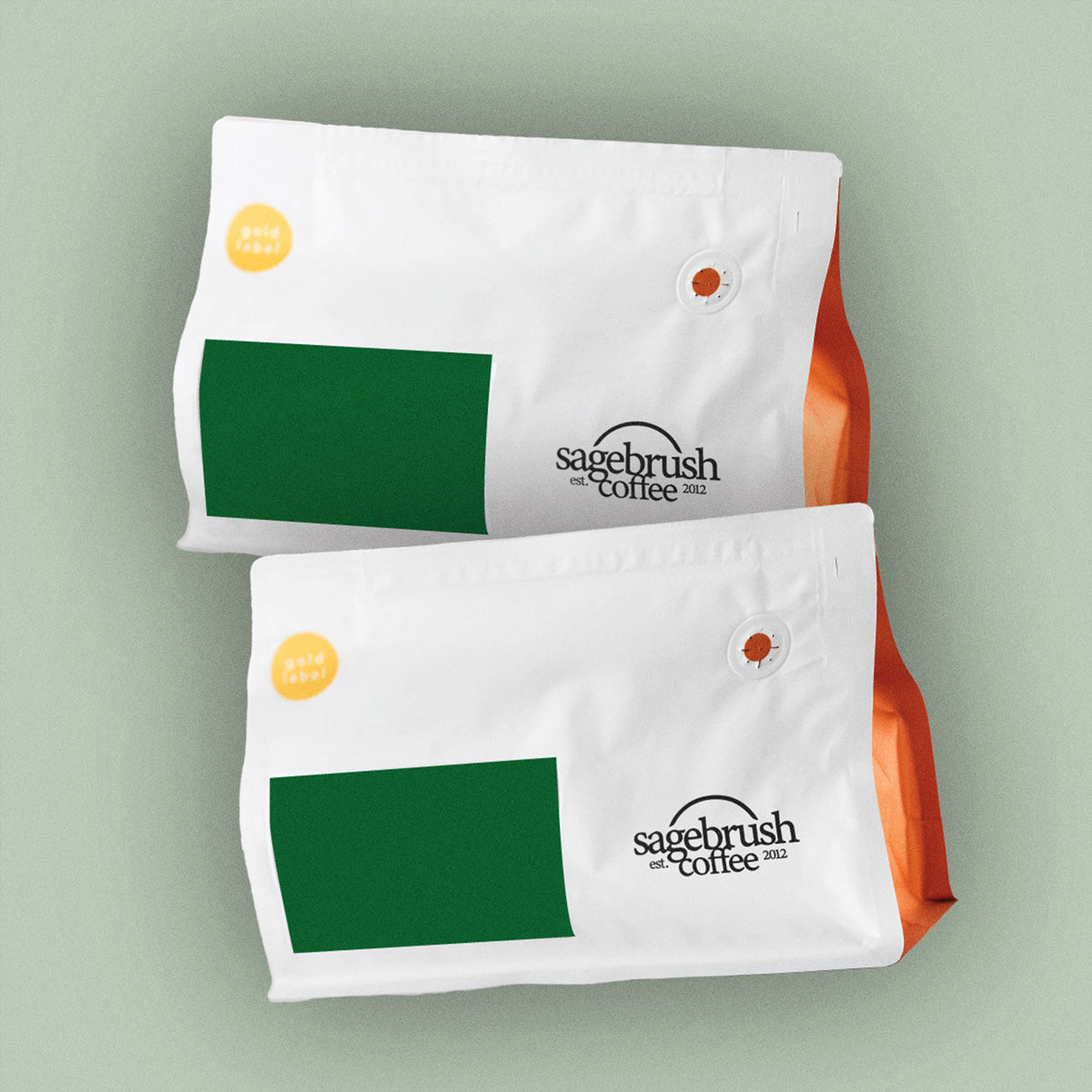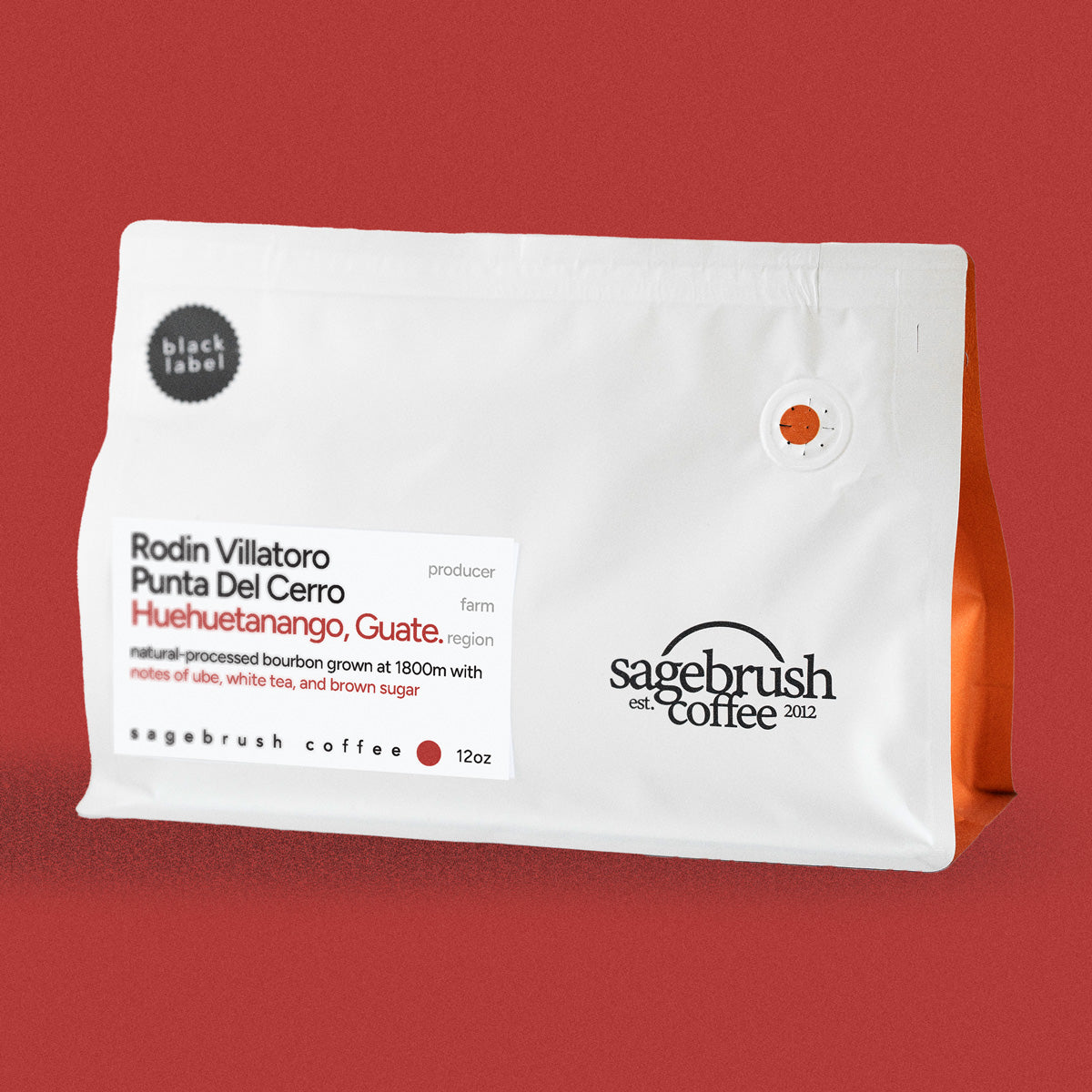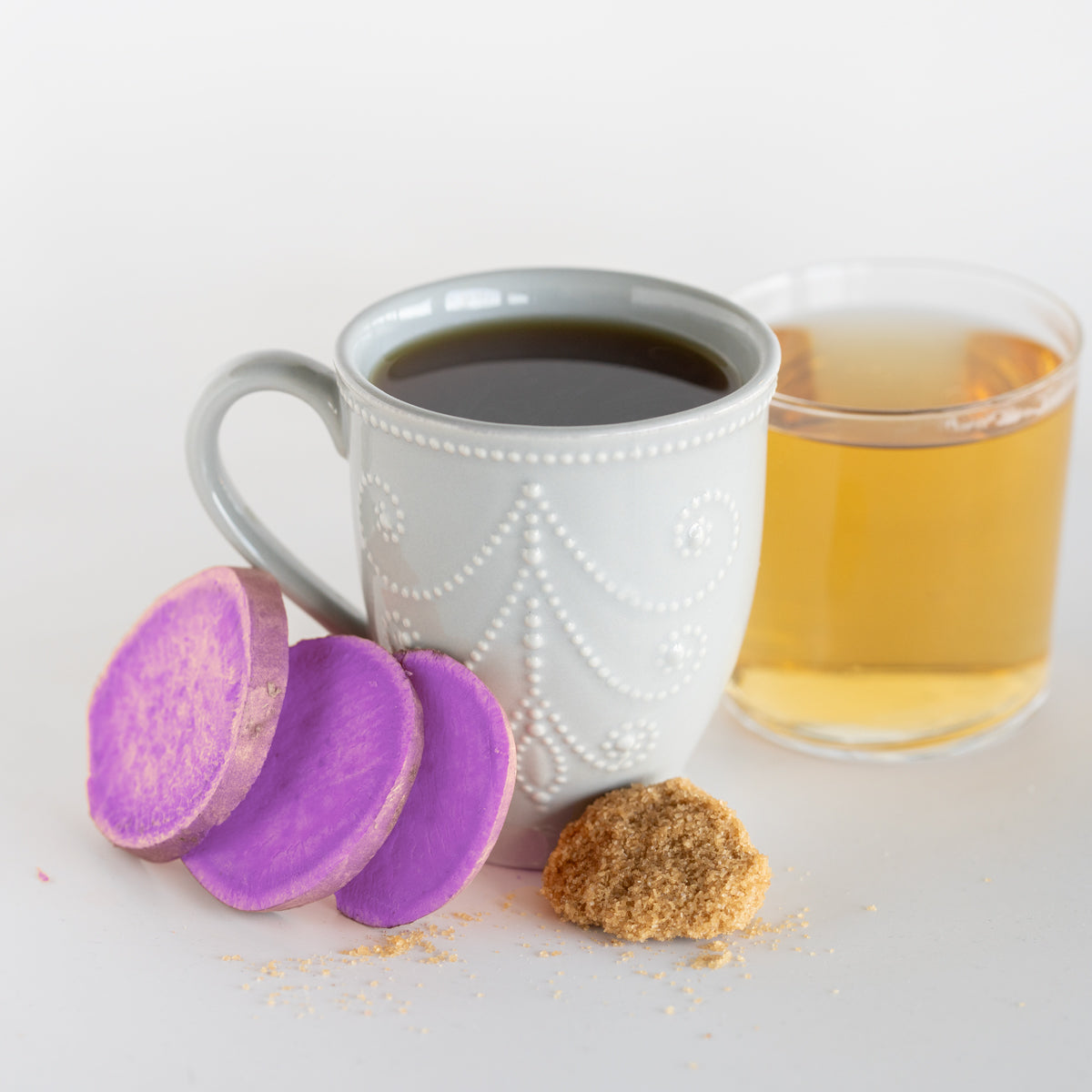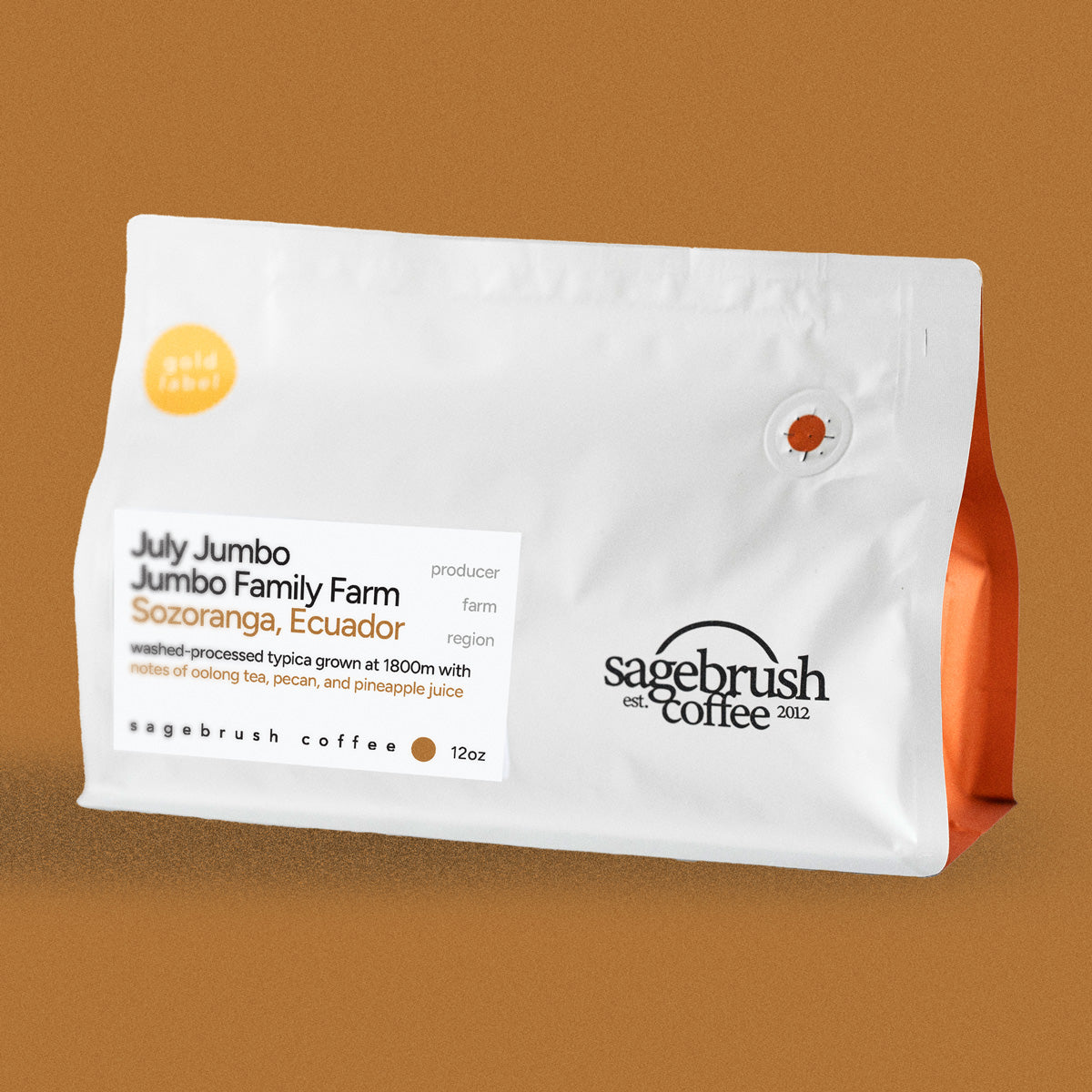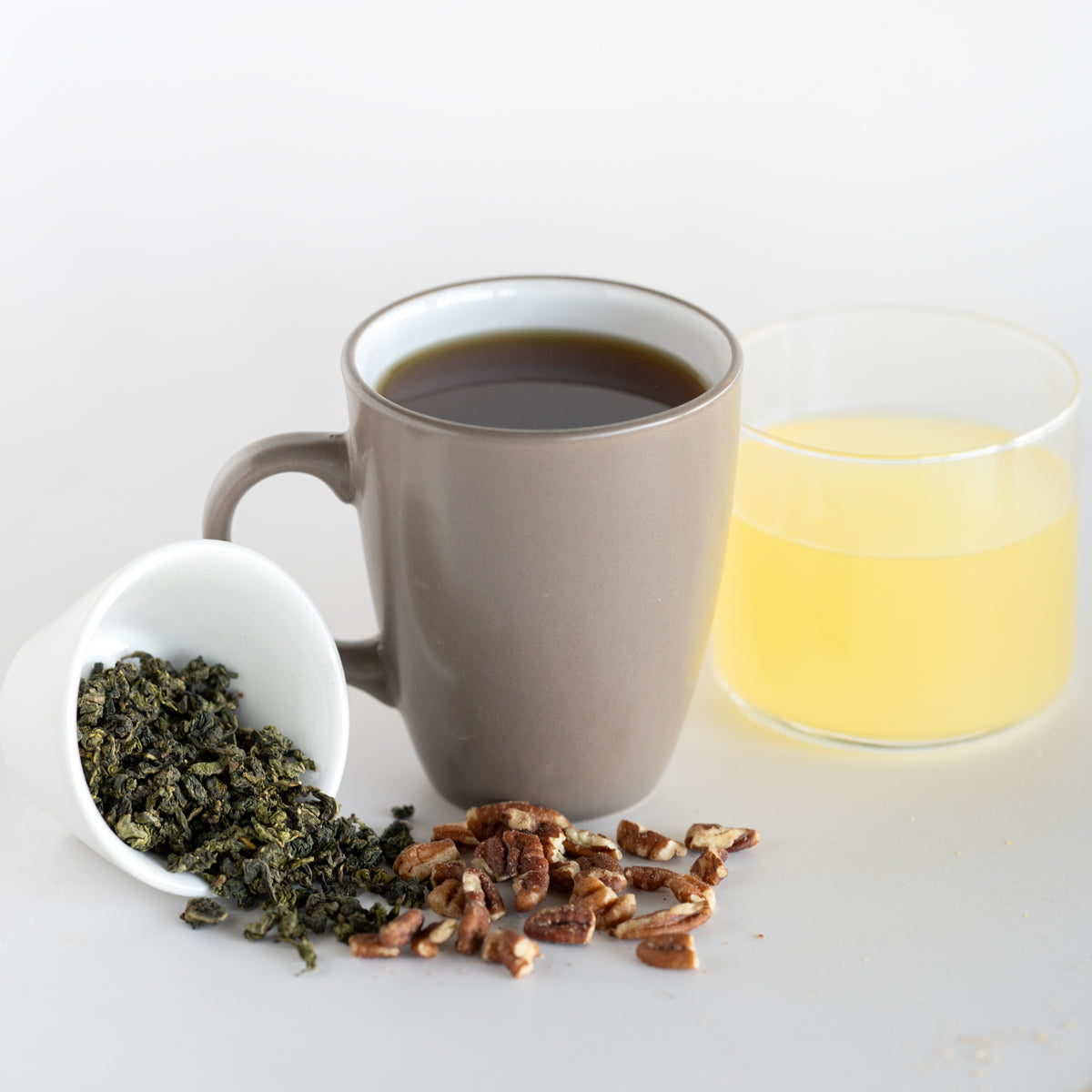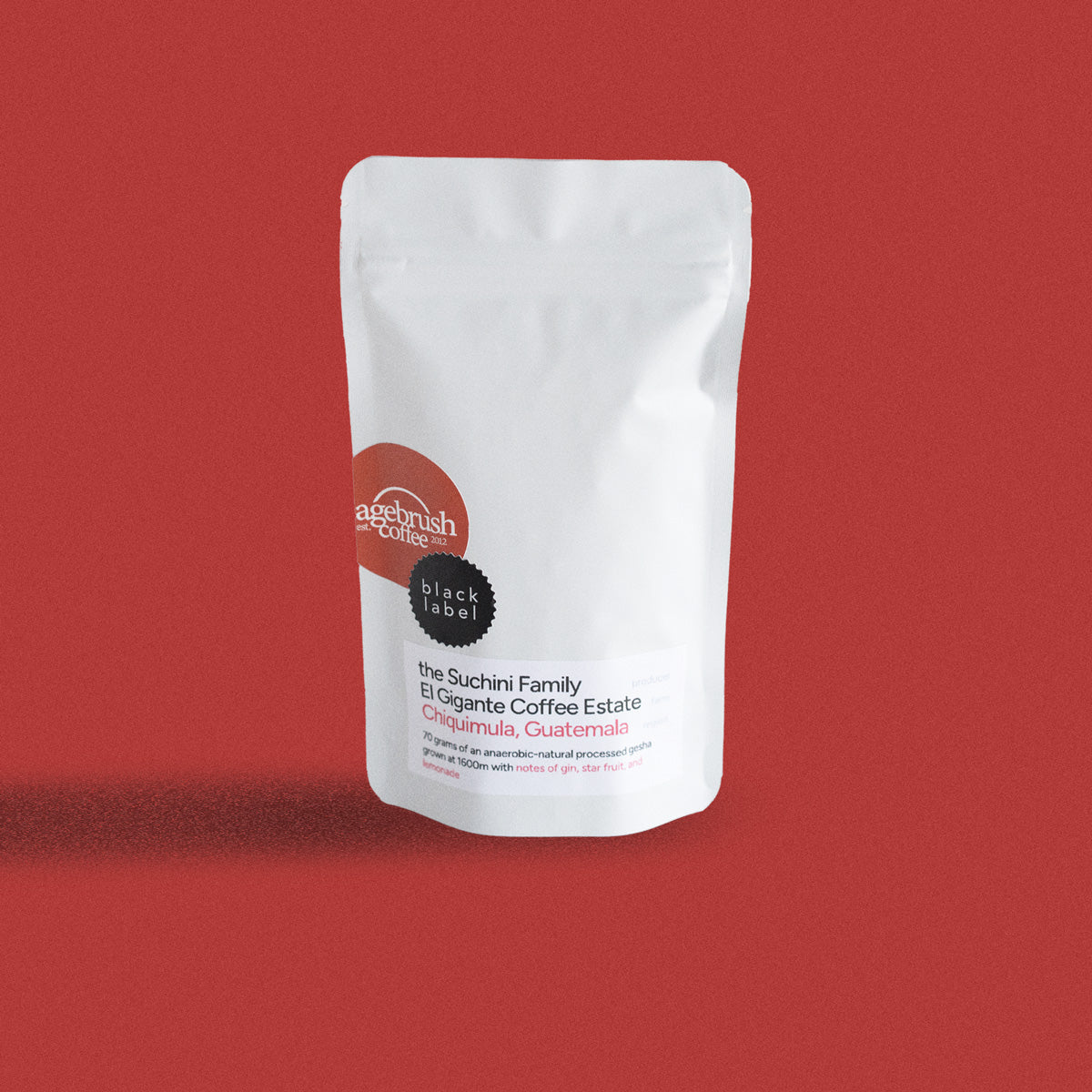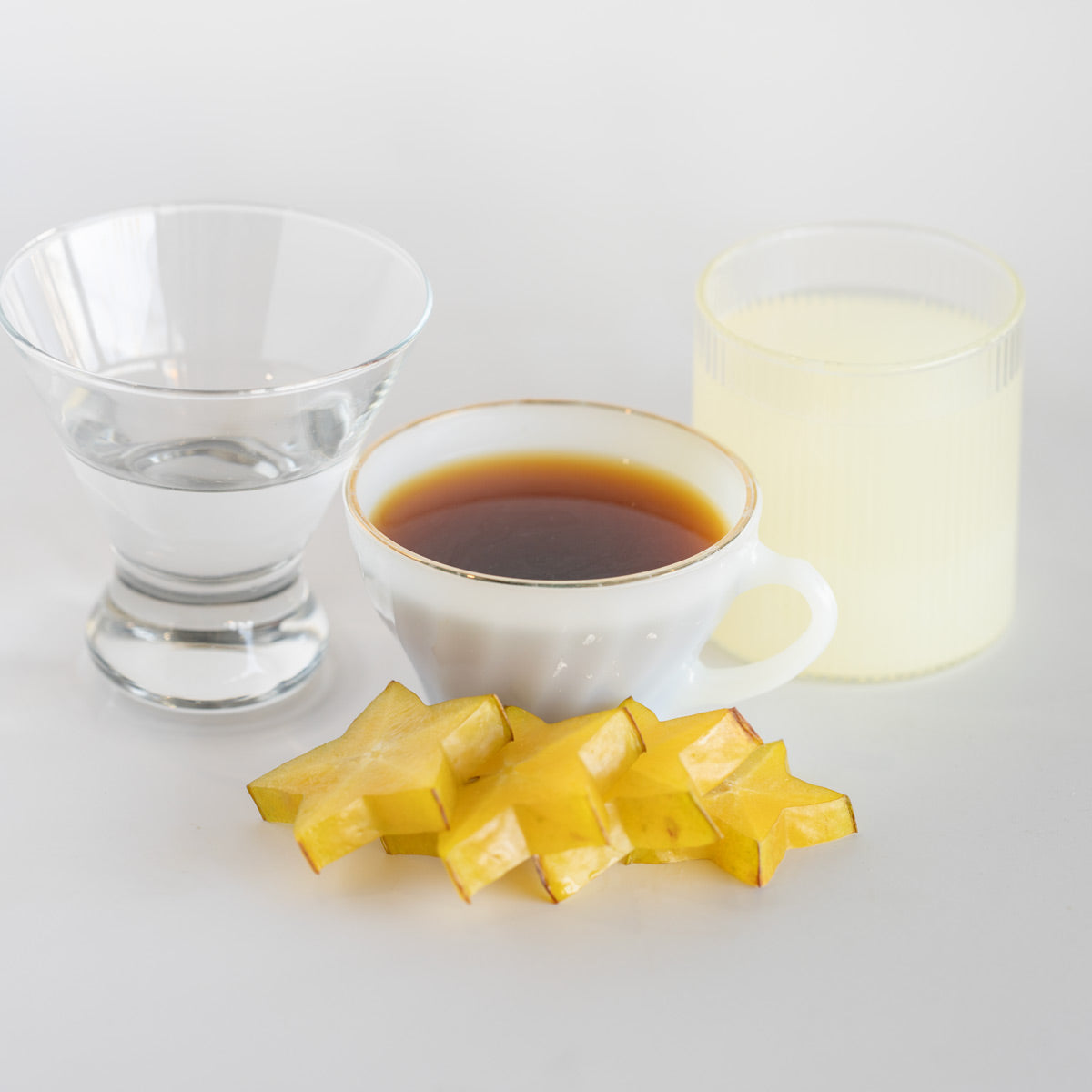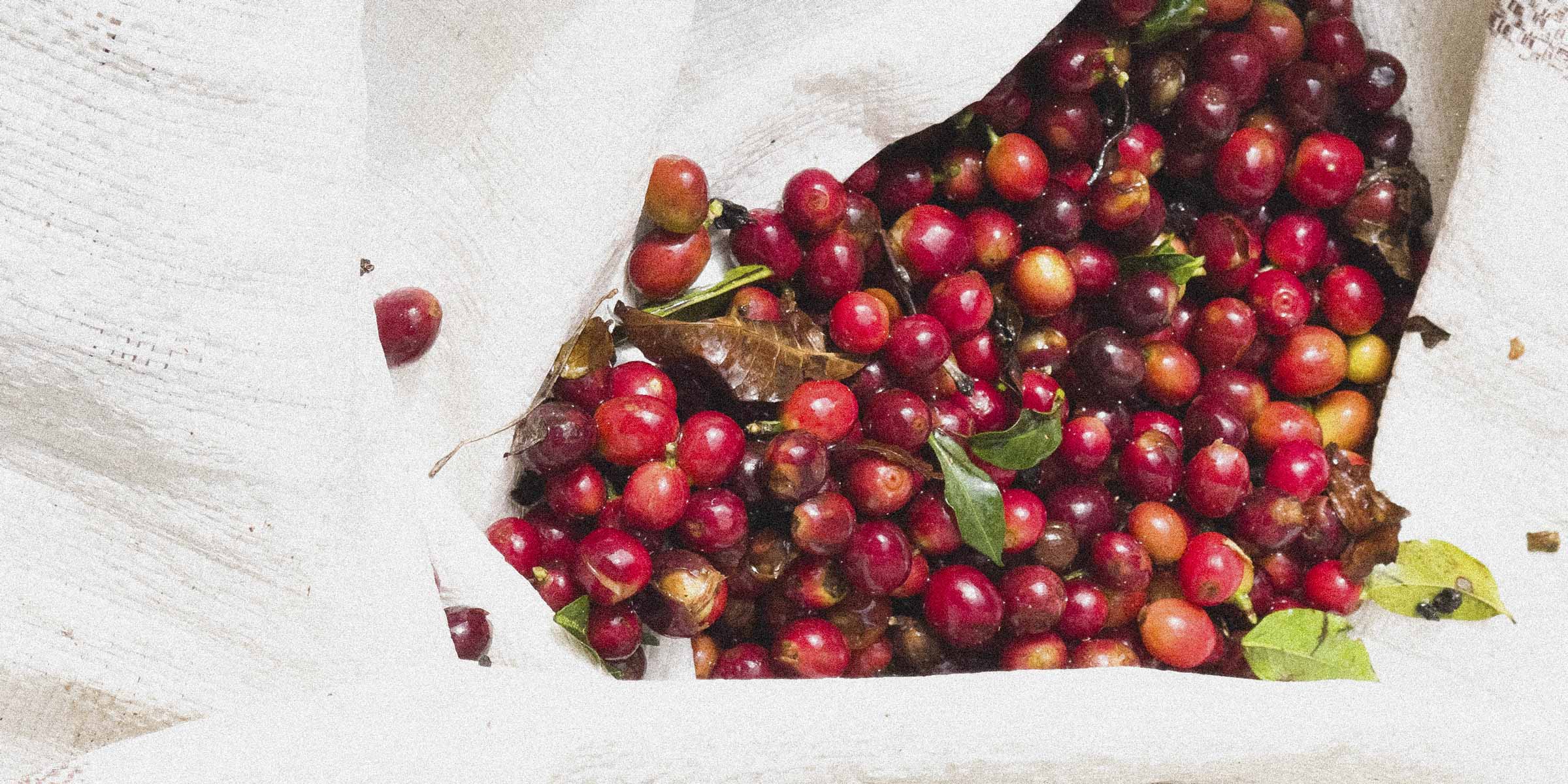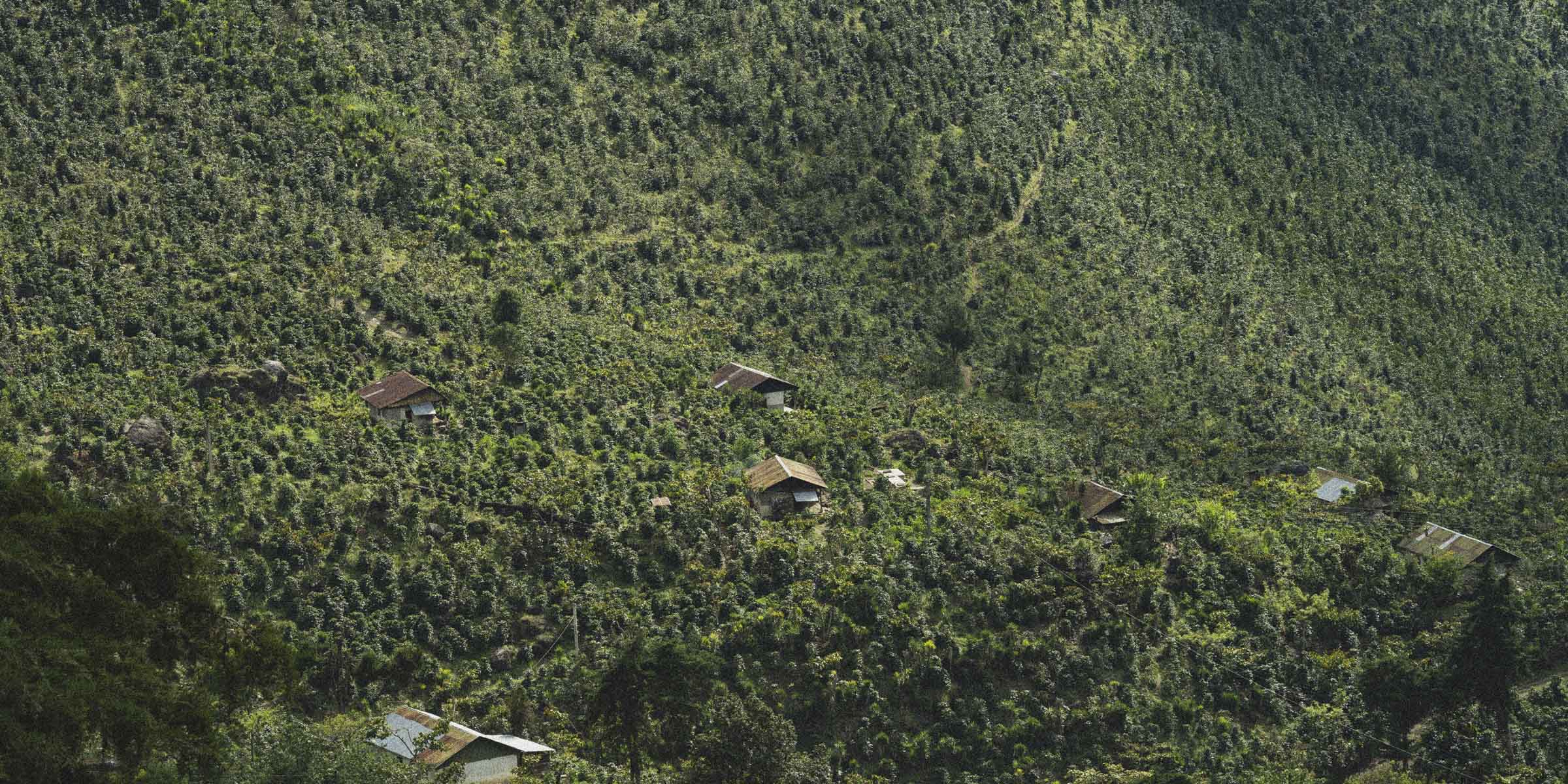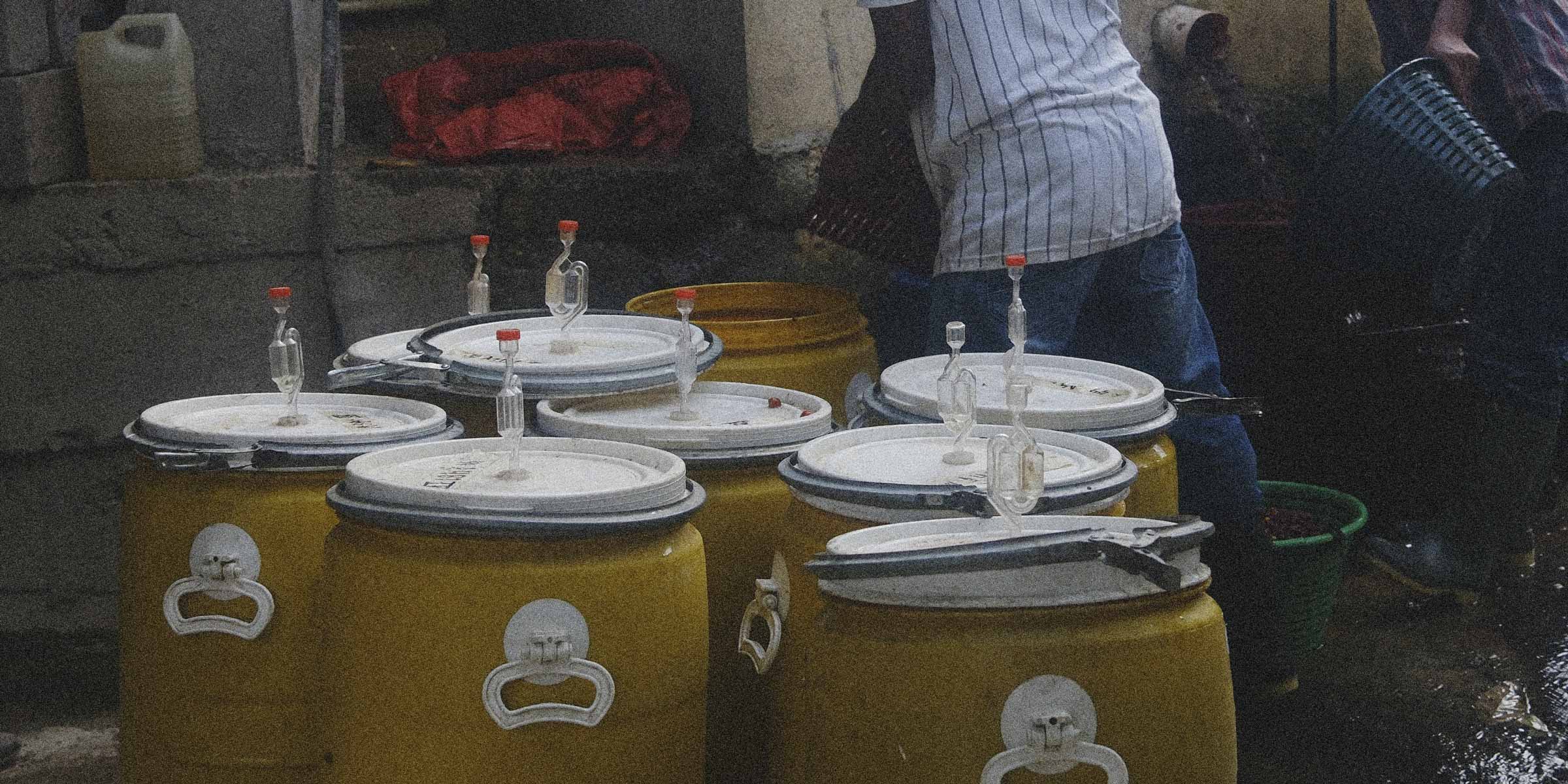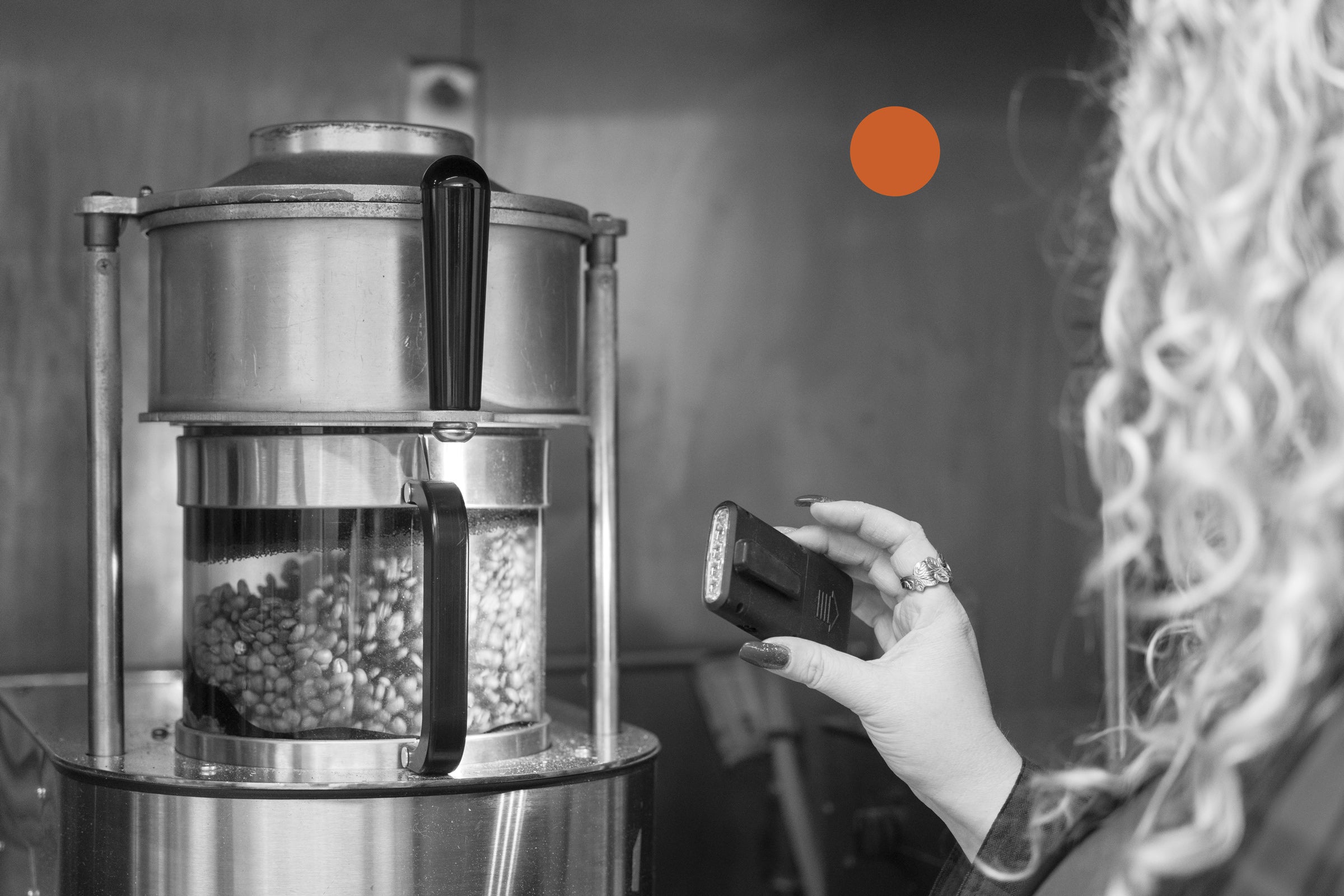
Today is President’s Day and we here at Sagebrush wanted to celebrate by sharing an article on presidential coffee history. I would like to encourage everyone to put their political differences aside for this article and focus on coffee, one of the few things in this world that has been notorious for bringing people together over and over again.
The history pages of this nation are stained with coffee rings and drips. Coffee was first introduced to the American Colonies in 1668 by European travelers. After the events of the Boston Tea Party a little over 100 years later, it was seen as a patriotic drink. Following the American War of Independence, both tea and coffee were in high demand in the newly founded United States of America. The presidents were no exception to this.
The first three presidents all agreed that coffee was a patriotic beverage, but were still also fans of tea. George Washington, John Adams, and Thomas Jefferson all began to serve coffee alongside tea and other beverages at social and political gatherings. They added the drink to the regular dining menu at the White House and even became regular patrons at some of the country’s first coffee houses. These coffeehouses were seen to have considerable social and political value and John Adams noted that the conversations held within their walls felt free - something the founding fathers strived for. George Washington was also gifted coffee seeds which he had planted by enslaved workers at his Mt. Vernon home. In addition to this coffee grown under his own orders, it is said that Washington favored coffee imported from the port of Mokha, Yemen.
When James Madison, the fourth U.S. President, took office, his wife, Dolley Madison, used coffee to enhance her hospitality skills. While simple tea parties have always been a tradition of the First Ladies, Dolley Madison began to host more extravagant events with live music and, you guessed it, coffee. When the Madisons had to move residencies due to a fire in 1814, Dolley Madison continued to host these coffee-serving functions at their new abode. White House records also show that the Madisons drank coffee with their breakfast almost every morning.
Abraham Lincoln, the 16th U.S. President, never drank alcohol and was not notorious for being a foodie either. President Lincoln was a simple man, perhaps owing to his humble upbringing, but he did enjoy a warm cup of coffee in the morning.
Theodore Roosevelt, the 26th U.S. President, was a notorious coffee junkie. Some rumors claimed he drank a gallon a day, and others claimed he drank a bathtub full. There is also a rumor that the marketing slogan “Good to the last drop,” which was used by Maxwell House and Coca-Cola, was a line that Theodore Roosevelt said while describing coffee during his presidency. The line wasn't used in advertisements until after his term in office ended and nobody has ever confirmed the story, but it is still interesting to think of while sipping the last drops of your own cup of coffee.
Franklin D. Roosevelt, the 32nd U.S. President, was another overt coffee snob. White House records state that FDR was served an entire coffee maker on his breakfast tray each morning because he enjoyed the process of brewing his morning pick-me-up almost as much as he enjoyed drinking it. During World War II, coffee rationing was put in place and First Lady Eleanor Roosevelt made sure that everyone under the White House’s roof was doing their part by limiting their consumption to just one cup per day. FDR began to reuse coffee grounds to brew multiple cups, a trend that we have seen used to cater to other coffee shortages around the world before. While this may sound gross, it was seen as patriotic. In 1942, FDR treated guests with cups of coffee during the White House Thanksgiving dinner.
John F. Kennedy, the 35th U.S. President, used coffee as a campaigning technique. Before his presidency, he and Jackie Kennedy hosted “Coffee with the Kennedys” with prominent families and used these gatherings to appeal to woman voters. This campaign helped him with his seat in Senate and it was so successful that they reinstated it during his presidential campaign.
More recently, George W. Bush, the 41st U.S. President, also used coffee to fuel his time in office. He reflects on tying coffee into his daily routine in his piece, The White House Remembered. Bush was diagnosed with a thyroid condition that required him to give up caffeine in 1991. He continued to drink decaf coffee, per White House records, but ended up switching back to regular coffee regardless of the medical advice he was given because he preferred its taste. George W. Bush also made an effort to serve Kona Coffee from Hawaii at social and political events in order to advertise it as American Made. To this day, Kona coffee is often served both at presidential events and within the walls of the White House itself.
According to the Boston Globe, our current President Joe Biden is a coffee fan as opposed to his colleague Barack Obama who usually reached for tea. We know that President Biden has continued the tradition set in place by George W. Bush of serving Kona coffee at the White House, but we don’t know much else about his coffee preferences or habits. What we do know is that he, and all the others mentioned in this article, has a good taste in beverage!
